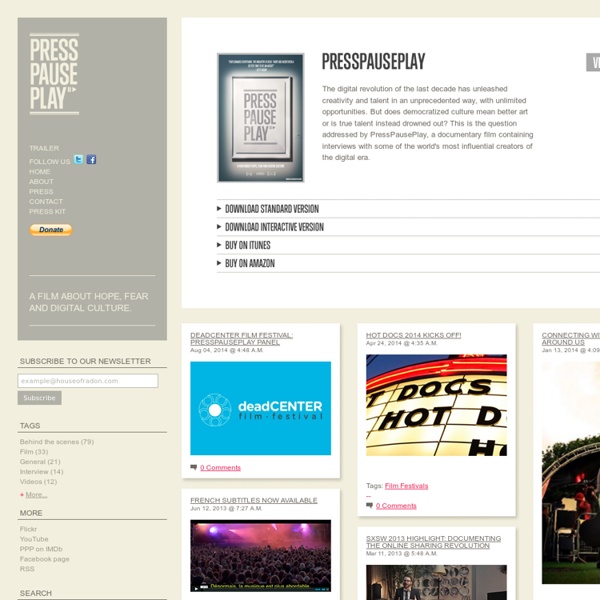



Le « story telling » et la gestion de projets Le 8 février dernier j’ai assisté à une conférence sur le storytelling par monsieur John Sadowsky organisée par Rezonance. La conférence avait comme titre “L’art du storytelling: devenir leader grâce au récit”. L’idée de base est que l’être humain adore les récits, qu’il s’identifie davantage à une mission, un objectif s’il s’inscrit dans un récit cohérent et authentique. Lors de la conférence, Monsieur Sadowsky nous a donné des exemples de leaders qui ont pu amener les autres avec eux grâce à leur capacité d’intégrer leur histoire dans leur message, par exemple Nelson Mandela et Barack Obama pour nommer les plus célèbres. J’ai été attirée par cette conférence car j’ai eu la chance il y a plusieurs années d’avoir une formation sur l’utilisation du conte en entreprise. Suite à cela, j’avais rédigé un conte sur mon entreprise d’alors qui illustrait le chemin parcouru et la raison d’être de l’entreprise. Démarrage du projet Conception et planification du projet Exécution du projet Clôture
Creative Barcode and Creative Commons: complementary bedfellows Just six months after its launch, and five months after the IPKat posted this little piece, Creative Barcode has attracted a good deal of attention, not least on account of a question which many folk have asked the IPKat and others: “How does Creative Barcode differ from Creative Commons?” Maxine Horn, CEO of Creative Barcode, has kindly accepted the Kat's invitation to explain: "The shortest answer is that Creative Barcode and Creative Commons they are complementary. However, they do have a few pertinent points of difference. Let’s start with what both organisations have in common. They are both not for profit organizations. The major point of difference between Creative Commons and Creative Barcode is one system is far more suited to works in the public domain and the other is predominantly suited to concepts not in the public domain. Creative Commons is best used on open source work and source credits for works in the public domain. The key points of difference are:
Explore pangaia Reimagine CBC Census – The Ada Initiative We ran the first Ada Initiative Census of open technology and culture in March 2011. We aimed to find out where the women are, and how they perceive their community. We're ready to share the results of this, our first project under the Ada Initiative banner. In this post, we'll set the scene with a simple set of response breakdowns. Number of participants The total number of respondents was not quite 3000 people: 2844. The total number of people who completed the census was 1799 (63.3%), but SurveyMonkey's "completed" statistic means that they answered every question, including optional ones. Number of participants by gender Respondents were required to state their gender identity in one of three categories: "Female", "Male", "Other". Number of participants by field We asked people what fields within open technology and culture they were involved in. Census: number of participants by field (top 11 fields) Number of participants by primary field
'How Creativity Works': It's All In Your Imagination iStockphoto.com What makes people creative? What gives some of us the ability to create work that captivates the eyes, minds and hearts of others? Jonah Lehrer, a writer specializing in neuroscience, addresses that question in his new book, Imagine: How Creativity Works. Lehrer defines creativity broadly, considering everything from the invention of masking tape to breakthroughs in mathematics; from memorable ad campaigns to Shakespearean tragedies. He finds that the conditions that favor creativity — our brains, our times, our buildings, our cities — are equally broad. Lehrer joins NPR's Robert Siegel to talk about the creative process — where great ideas come from, how to foster them, and what to do when you inevitably get stuck. Interview Highlights On comparing Shakespeare with the inventor of masking tape "I think we absolutely can lump them all together. "... On how Steve Jobs redesigned Pixar studios to maximize collaboration and creativity " ... "It's near midnight.
Supporting tools for decentralized metadata - Creative Commons The use of decentralized metadata to drive discovery allows creators and curators to publish information about works without relying on a central authority, and allows developers to utilize that data with seeking permission from a gate keeper. However, self publishing requires a certain degree of technical expertise from creators and curators. Two tools can help ease this burden and aid deployment of the necessary metadata. A Validator would help publishers and curators understand how their resources are ingested and processed by DiscoverEd (and other tools). A Curation Tool would allow users to identify resources — individually, as an ad hoc group, or as part of an institutional team — and label them with quality, review, or other metadata. The Validator tool would allow users to enter a URL to be checked, and return details of what information DiscoverEd or other software could extract. The Validation tool would also be integrated with DiscoverEd.
Is there a bias against creativity? Amanda Enayati People routinely reject and show bias against creative ideas, Amanda Enayati saysPoll of CEOs: Creativity is the single most important leadership trait for successPeople reject creativity because of uncertainly -- but it's needed to help us through uncertaintyInnovator: Build confidence by treating fear of creativity like a phobia of heights or snakes Editor's note: CNN contributor Amanda Enayati ponders the theme of seeking serenity: the quest for well-being and life balance in stressful times. (CNN) -- Creativity has taken center stage in recent years, with a slew of books, articles and TED talks extolling the virtues of imagination and exhorting young and old to go out and exercise their creative muscle. In a 2010 IBM poll of CEOs worldwide, creativity was identified as the single most important leadership trait for success, enabling businesses to rise above an increasingly complex environment. It would appear that we suffer from a bias against creativity. Why the bias?
Free Music Archive